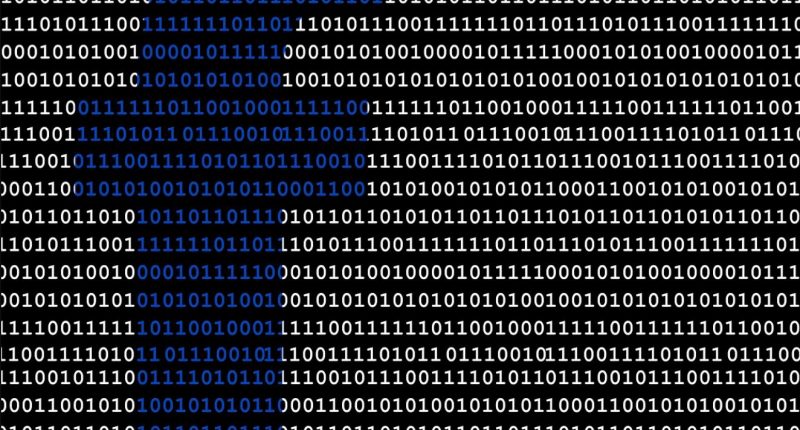Companies like Facebook and Google have recently come under scrutiny from governments and watchdogs around the world, as people grow suspicious of their data collecting policies. A case against Facebook, which was initially filed in 2015 for its violation of the Biometric Information Privacy Act or BIPA of Illinois, is finally being settled, with the company being ordered to submit a fine of $650 million by the court on Friday.
In 2020 Facebook had offered to pay $550 million for the same case, but the offer had been scorned upon by the federal judge, who saw it as inadequate. From this $650 million fine, 1.6 million residents of Illinois who have been affected by Facebook’s violating of BIPA will be compensated $345 each.
The BIPA is a powerful state measure which guards its citizens against the unauthorized collection and storing of their biometric information. Facebook was taken to court under this act because of its feature, which automatically tags people in images using facial recognition, without the permission of the person it is tagging.
Moreover, Facebook isn’t the first company to have been convicted under this law.
While the likes of Facebook can pay this huge fine without any major dent in its balance sheet, the same cannot be said for other firms which have been convicted under this act. Clearview AI, an app devised by Hoan Ton-That, which used facial recognition to find public pictures of the person whose picture a user uploads, was also accused under the same act, and could not dodge the law suit. Being a smaller company, Clearview had to pull out of the city altogether, as it disassociated with all unlawful private companies and cancelled the account of every customer who was not associated with law enforcement.
Google, Microsoft, and Amazon have also been accused under the same act.
“We are pleased to have reached a settlement so we can move past this matter, which is in the best interest of our community and our shareholders,” said Facebook. The attorney who had filed the lawsuit–Jay Edelson has said that the checks for the Illinois residents would be in their mails within the next two months, if the judgement is not repealed.
The Tech Portal is published by Blue Box Media Private Limited. Our investors have no influence over our reporting. Read our full Ownership and Funding Disclosure →






